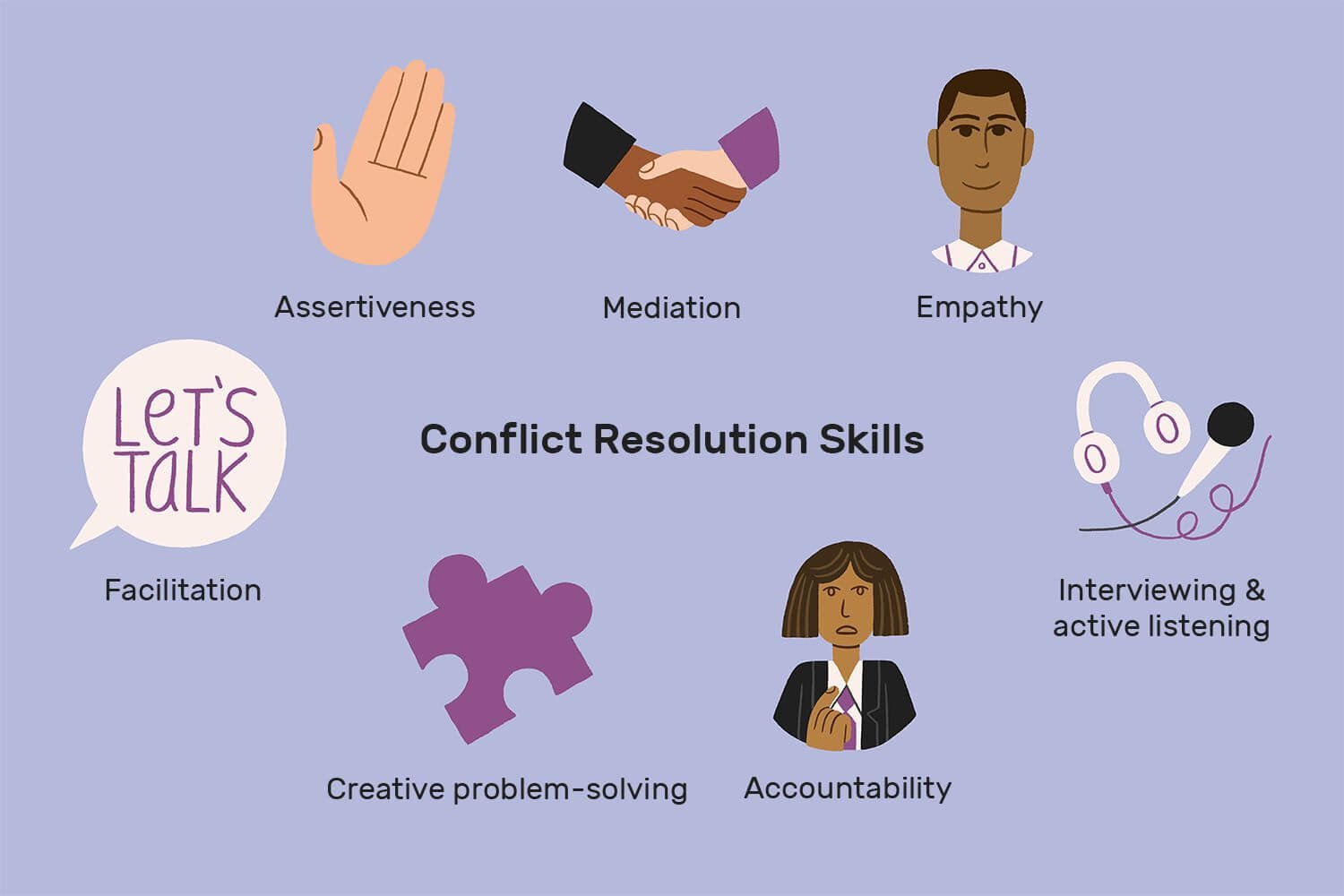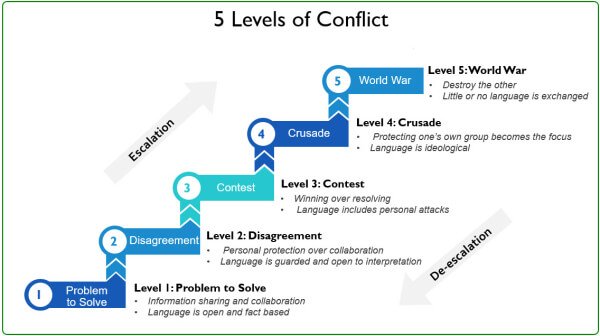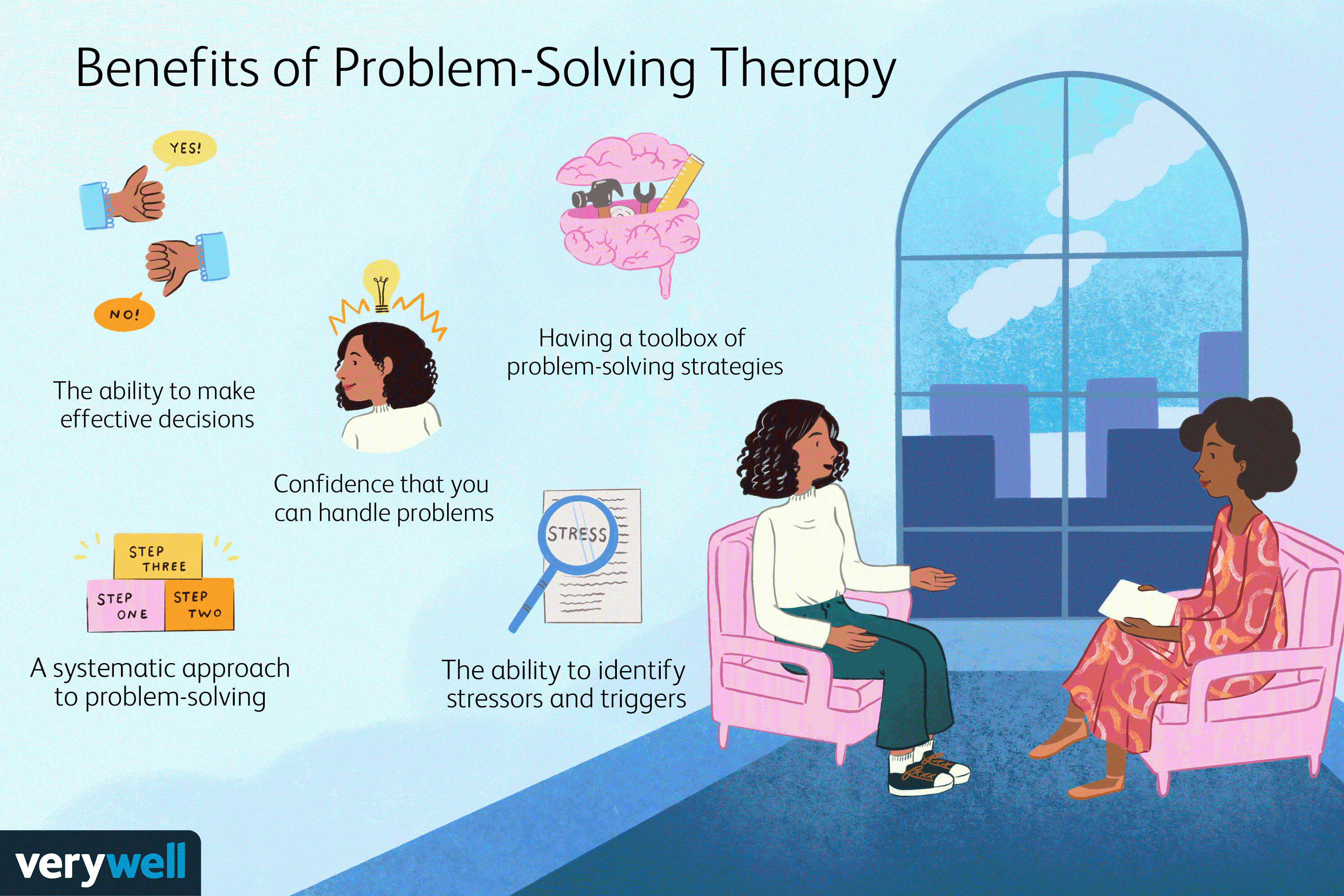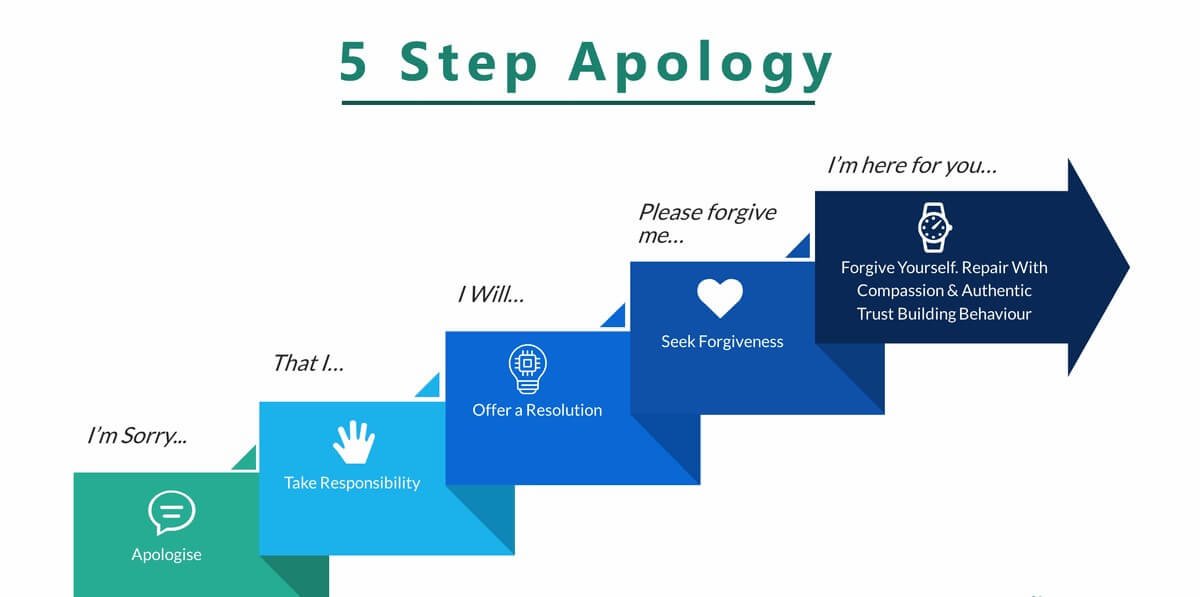Learning How To Effectively Resolve Conflicts: Keys To Developing Better Relationships
Conflict is inevitable in any relationship, whether it be between family members, friends, or colleagues. As the world changes and stressors increase, so do the amount of conflicts people are facing – creating a need to learn skills for conflict resolution. In this blog article, we will explore how to effectively resolve conflicts by providing tips to develop better relationships and improve communication with those around you.

What is Conflict Resolution?
Conflict resolution is the process of identifying and addressing differences in a way that improves relationships. It involves understanding and managing emotions, communicating effectively, and developing negotiation and compromise skills.
When conflicts are resolved in a healthy way, they can actually strengthen relationships. That’s because effective conflict resolution requires good communication and problem-solving skills, which can lead to greater understanding and trust.
On the other hand, unresolved conflict can damage relationships. So it’s important to learn how to resolve conflicts effectively.
The first step in conflict resolution is to identify the source of the disagreement. Often, it’s helpful to think about what each person wants or needs. Once you know what the conflict is about, you can start to brainstorm possible solutions.
Keep in mind that there are usually multiple ways to resolve a conflict. The goal is to find a solution that meets the needs of both parties involved. If you can do that, you’re on your way to resolving the conflict in a healthy way!

Common Causes of Conflict in Relationships
Conflict in relationships is often caused by different expectations, needs, or values. When these differences are not communicated or resolved effectively, conflict can arise. Other common causes of conflict include miscommunication, stress, financial problems, and infidelity.
effective communication is essential in relationships in order to avoid conflict. Couples need to be able to openly discuss their expectations, needs, and values with each other. When these things are not discussed, misunderstandings can occur and lead to conflict.
It is also important to manage stress in a relationship. Stress can come from many different sources, such as work, money problems, family responsibilities, or health issues. If stress is not managed effectively, it can lead to arguments and conflict between partners.
Finally, infidelity is another common cause of conflict in relationships. When one partner cheats on the other, it can cause a lot of hurt and anger. This type of betrayal can be difficult to overcome and may require professional help to repair the relationship.

Effective Communication Strategies for Resolving Conflict
When it comes to resolving conflicts, effective communication is key. This means being able to openly and honestly communicate with each other, without judgment or criticism. It’s also important to be able to listen to each other, really hearing what the other person is saying and trying to understand their perspective.
There are a few specific strategies that can be helpful in resolving conflict:
- Finding a common ground: When two people are in conflict, it can be helpful to try and find something that you both agree on. This can help create a sense of connection and understanding between you.
- Validating each other’s feelings: It’s important to validate each other’s feelings and experiences, even if you don’t necessarily agree with them. This helps build trust and respect.
- Assuming positive intent: When we assume positive intent, it means assuming that the other person is acting from a place of goodwill, even if their actions might not seem like it. This can help de-escalate conflict and encourage cooperation.
- Communicating openly and directly: Avoiding communication or sugarcoating your thoughts will only make things worse in the long run. Instead, aim for open and direct communication where you express your needs and feelings clearly.
- Avoiding mind reading: We can’t expect others to know what we’re thinking or feeling – so instead of mind reading, we should openly communicate.
- Listen to understand. It is also important to listen to the other person’s point of view. Try to understand where they are coming from and what they are trying to say. Only then can you start to find a compromise that works for both of you.
7. Be willing to compromise. In most cases, resolving a conflict will require some level of compromise from both sides. If you’re not willing to budge on your position, the conflict is likely to continue indefinitely. But if you’re both willing to give a little, you’ll be able to find a solution that works for everyone involved.
- Put yourself in their shoes . It can be helpful to try and see the situation from the other person’s perspective . This can help you understand their feelings and needs better , and may even help you find some common ground .

The 4 Steps of Collaborative Problem Solving
The Collaborative Problem Solving (CPS) model is a proven method for resolving conflict that leads to better relationships. Here are the four steps of CPS:
- Define the problem.
Both parties should agree on what the problem is. Once the problem is defined, you can move on to finding a solution.
- Brainstorm solutions.
Both parties should brainstorm possible solutions to the problem. If you can’t think of any solutions on your own, try thinking about what you would want if you were in the other person’s shoes.
- Pick the best solution.
Find the solution that would work best for both parties involved and that meets the most needs. It’s important to consider both short-term and long-term needs when making your decision. It’s also important to be willing to compromise – remember that you’re trying to find a win-win solution here!
4. Try out the solution. Test it out and see how it goes! If it doesn’t work as planned, don’t give up – go back to step 2 and try again until you find a solution that does work. Don’t forget to communicate openly with each other throughout this process.

Building Trust and Forgiveness
When we hurt the ones we love, it’s important to make things right again. But how do you rebuild trust and forgiveness after you’ve caused conflict in a relationship?
It starts with an apology. A genuine, heartfelt apology goes a long way in repairing damage and rebuilding trust. Taking responsibility for your actions is key, as is showing remorse for the pain you’ve caused.
Then, it’s time to put in the work to change your behavior. This might mean attending counseling sessions together, working on communication skills, or making lifestyle changes (if substance abuse was a factor in the conflict). Whatever it takes, it’s important to show your partner that you’re committed to making things right.
Last but not least, give it time. The process of rebuilding trust and forgiveness takes time – there’s no magic solution that will make everything better overnight. Be patient, be understanding, and be there for your partner as they work through their own emotions.

Conclusion:
Conflict resolution isn’t easy and it can be difficult to apply the methods discussed in this article on your own. However, by learning how to effectively resolve conflicts, you have taken a major step toward building better relationships with those around you. The key is practice and patience; with enough time, effort, and understanding of conflict resolution strategies, anyone can master the art of resolving disagreements in order to create stronger connections and more positive interactions between people.

